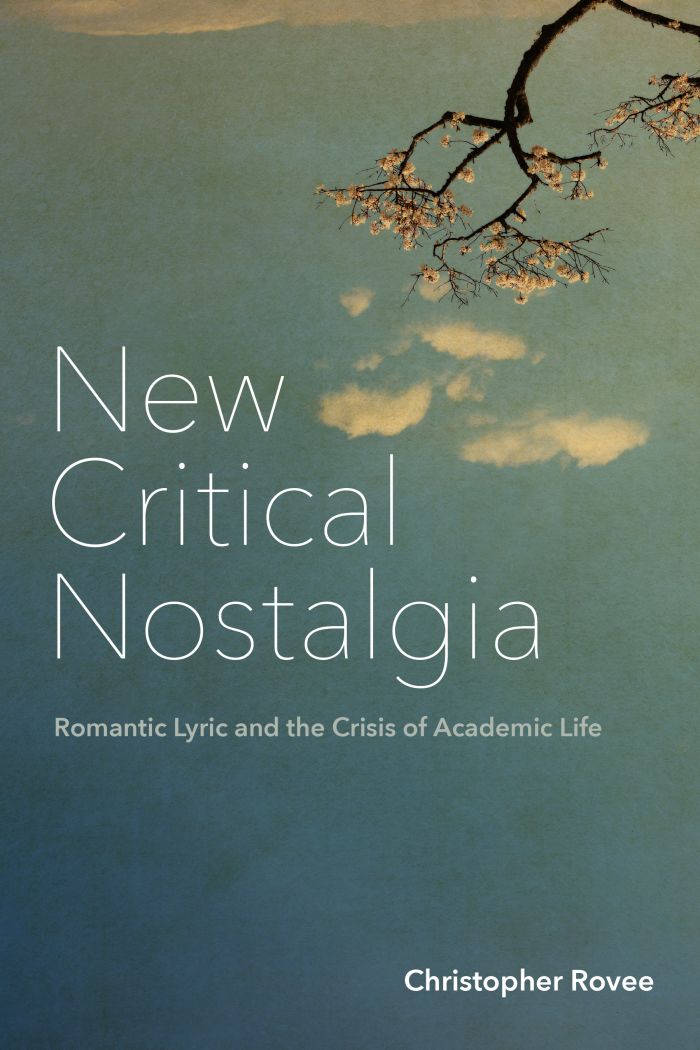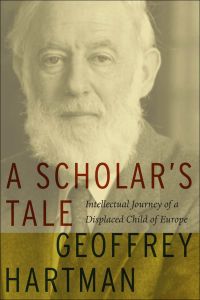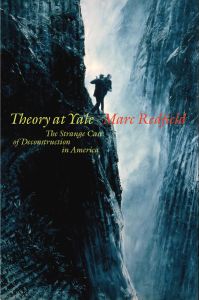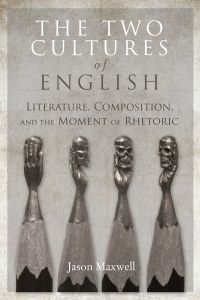New Critical Nostalgia
Romantic Lyric and the Crisis of Academic Life

This book can be opened with

New Critical Nostalgia weighs the future of literary study by reassessing its past. It tracks today's impassioned debates about method back to the discipline’s early professional era, when an unprecedented makeover of American higher education with far-reaching social consequences resulted in what we might call our first crisis of academic life. Rovee probes literary study’s nostalgic attachments to this past, by recasting an essential episode in the historiography of English—the vigorous rejection of romanticism by American New Critics—in the new light of the American university’s tectonic growth. In the process, he demonstrates literary study’s profound investment in romanticism and reveals the romantic lyric’s special affect, nostalgia, as having been part of English’s professional identity all along.
New Critical Nostalgia meticulously shows what is lost in reducing mid-century American criticism and the intense, quirky, and unpredictable writings of central figures, such as Cleanth Brooks, Josephine Miles, and W. K. Wimsatt, to a glib monolith of New Critical anti-romanticism. In Rovee’s historically rich account, grounded in analysis of critical texts and enlivened by archival study, readers discover John Crowe Ransom’s and William Wordsworth’s shared existential nostalgia, witness the demolition of the “immature” Percy Shelley in the revolutionary textbook Understanding Poetry, explore the classroom give-and-take prompted by the close reading of John Keats, consider the strange ambivalence toward Lord Byron on the part of formalist critics and romantic scholars alike, and encounter the strikingly contemporary quantitative studies by one of the mid-century’s preeminent poetry scholars, Josephine Miles. These complex and enthralling engagements with the romantic lyric introduce the reader to a dynamic intellectual milieu, in which professionals with varying methodological commitments (from New Critics to computationalists), working in radically different academic locales (from Nashville and New Haven to Baton Rouge and Berkeley), wrangled over what it means to read, with nothing less than the future of the discipline at stake.
With its fascinating and unusual archive, its compelling strands of argument, and its lucid writing, New Critical Nostalgia offers an original understanding of New Criticism and romantic poetry’s role in the development of American literary studies.—Kevis Goodman, University of California, Berkeley
This accomplished book—through a meticulous reconstruction of the uncanny encounter between New Criticism and British Romanticism—takes us straight into the scene of reading itself. And there it remains, through one mesmerizing case study after another. Irreducible to either history or criticism, Rovee’s book weaves these two methods, or perspectives, together so that, in their steady pulsations, they illuminate one another’s corresponding powers.—Alex Woloch, Stanford University
Introduction: Our Elegiac Professionalism | 1
1 Ransom’s Melancholy
(Reading Wordsworth in Gambier, Ohio) | 23
2 Shelley’s Immaturity | 52
3 Brooks and the Collegiate Public,
Reading Keats Together | 85
4 The Case of Byron | 110
5 The Emergence of Josephine Miles
(Reading Wordsworth in Berkeley, California) | 135
Epilogue: The Fields of Learning | 177
Acknowledgments | 193
Notes | 197
Index | 253




